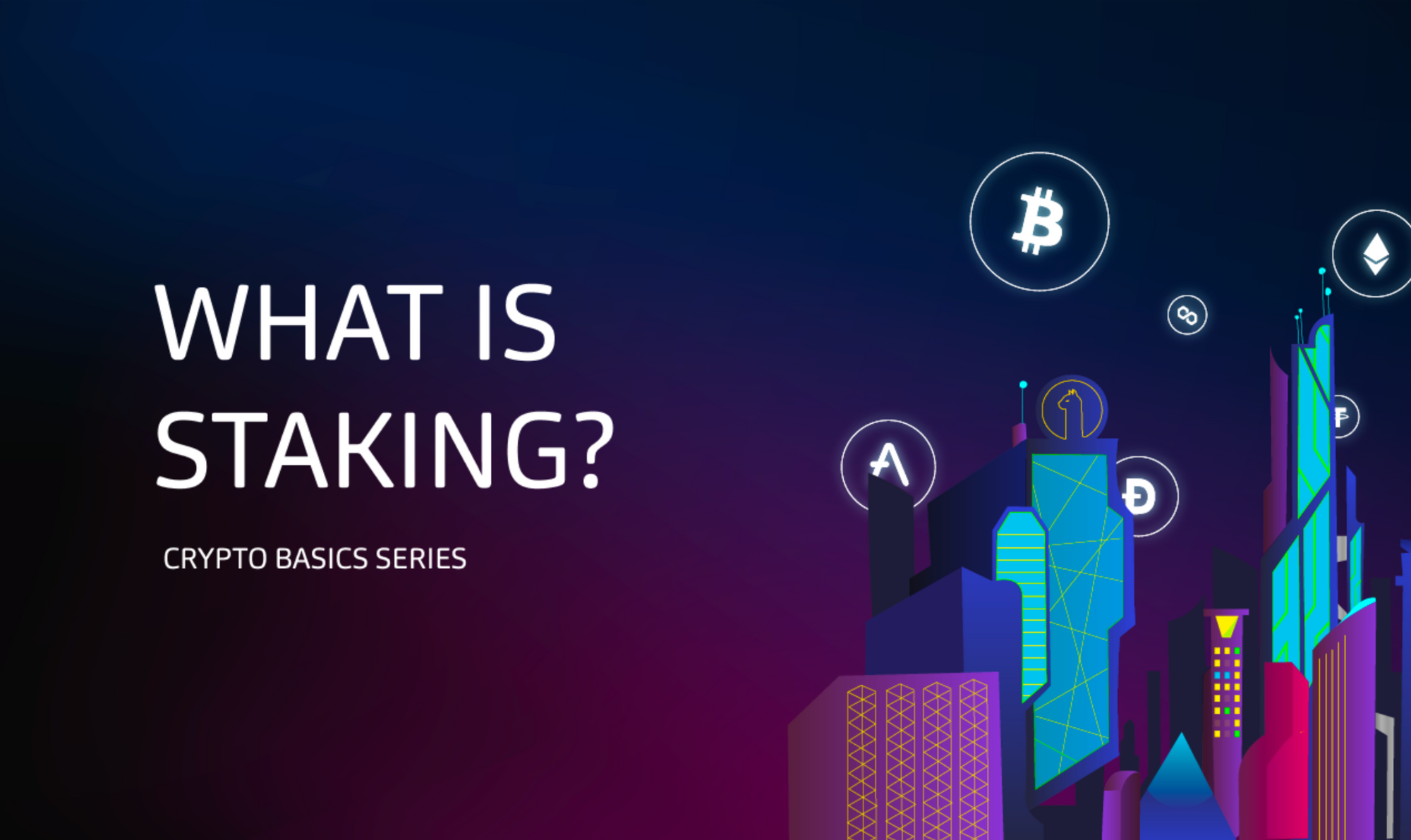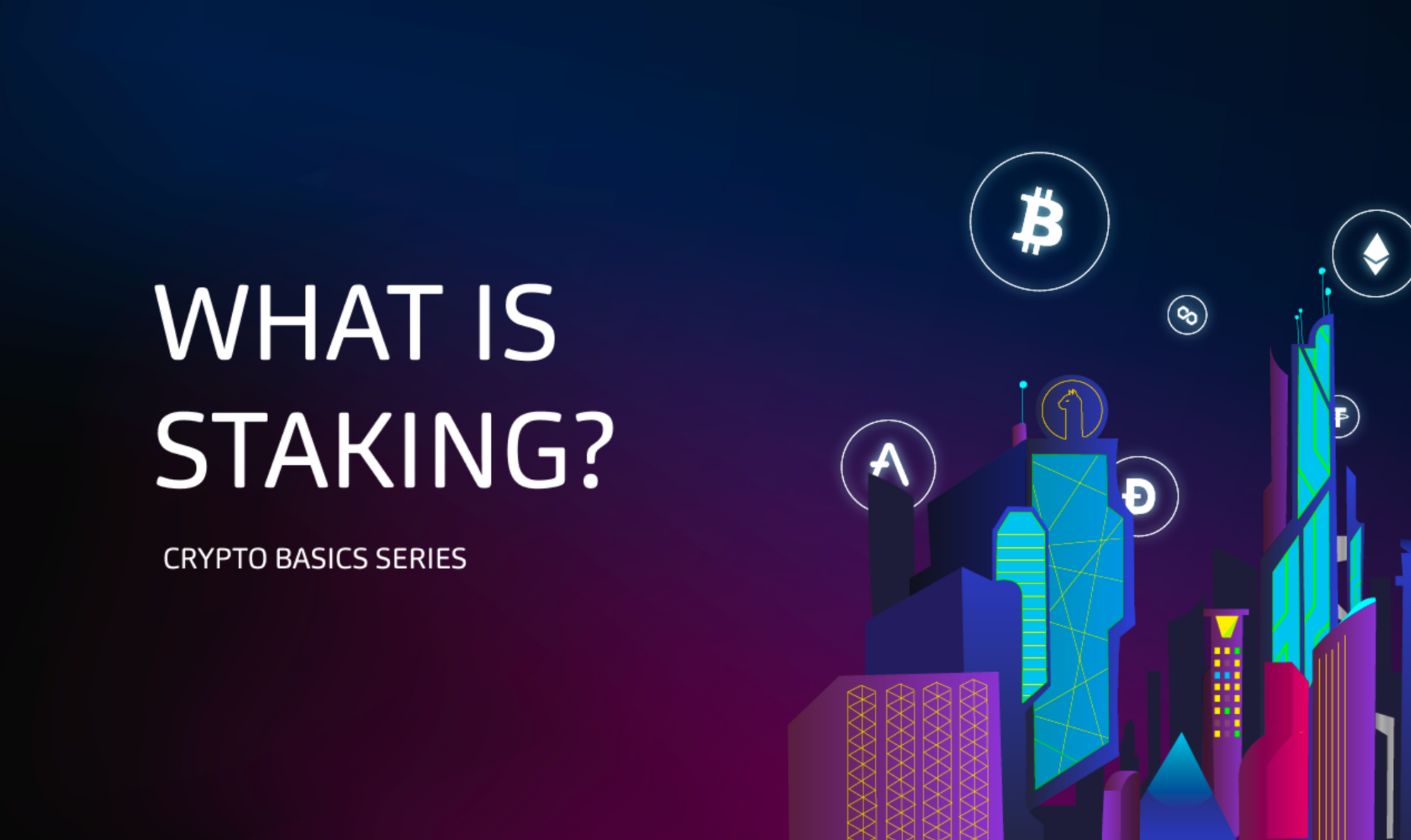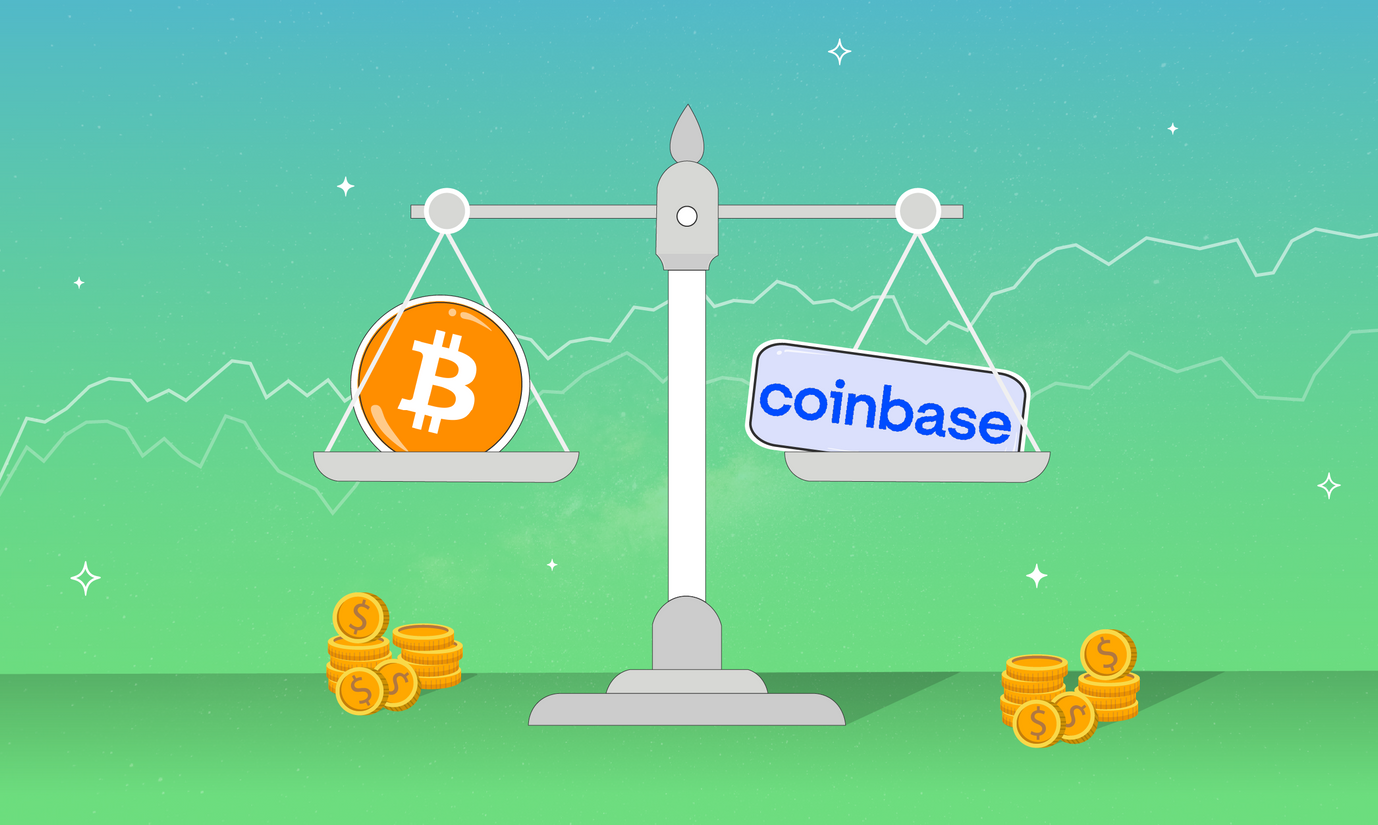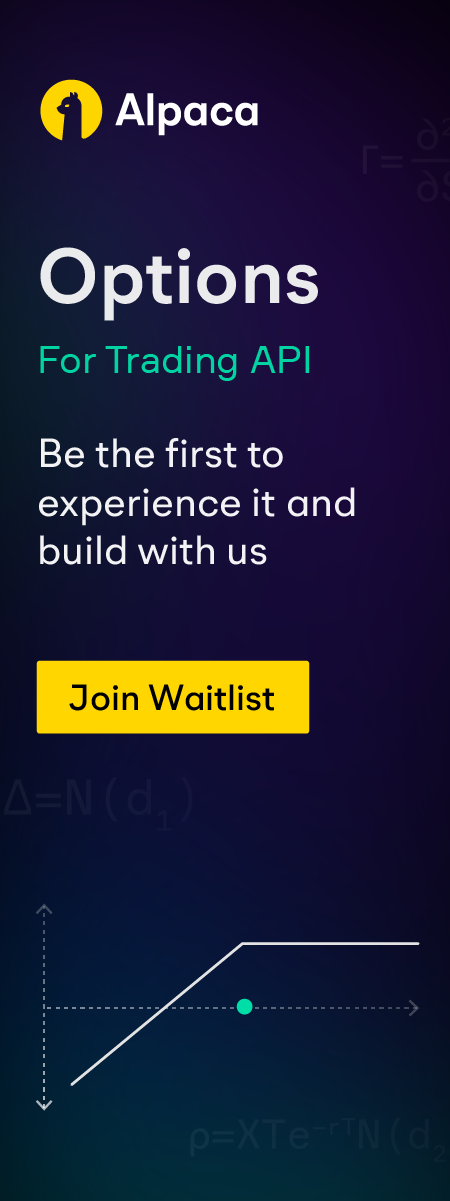What is Staking?


Staking is the process of providing cryptos for validating a transaction under the Proof of Stake method. While all investors can stake their holdings, only a few of these can validate a transaction, and these validators are selected at random.
Advantages of Staking
Staking can be a way to generate passive income on crypto assets. Through staking, investors can earn additional cryptos by involving in proof of stake validation. In some instances, investors can annually earn between 10% to 20% of the holdings in staking rewards.1 The process is claimed to be risk-free, but it cannot be applied across many popular cryptos like Bitcoin that use the proof of work method for verifying transactions.
With staking activities, an investor is directly involved in improving the reliability of a network. Staking creates validators who help secure the transactions taking place within the blockchain platform. It is also an eco-friendly way to sustain the network since complex codes are not required for generating blocks.
Risks of Staking
Staking can be risky when the reward earned isn’t enough to cover the loss arising from a drop in price. In addition, some staking programs have a lock-up period that may make the holdings illiquid.2
Example
Ethereum currently works under the principle of proof of work. They will soon upgrade to become a proof of stake blockchain sometime this year to allow investors to stake their Ethereum holdings. Instead of keeping their Ethereum idle, staking would offer an opportunity for investors to stake and earn incremental rewards. You can find updates on the status here: https://ethereum.org/en/upgrades/merge/
Sources
1. What is Staking. Motley Fool.
2. What is Staking? Coinbase.
Please note that this article is for informational purposes only. The example above is for illustrative purposes only. Actual crypto prices may vary depending on the market price at that particular time. Alpaca Crypto LLC does not recommend any specific cryptocurrencies.
Cryptocurrency is highly speculative in nature, involves a high degree of risks, such as volatile market price swings, market manipulation, flash crashes, and cybersecurity risks. Cryptocurrency is not regulated or is lightly regulated in most countries. Cryptocurrency trading can lead to large, immediate and permanent loss of financial value. You should have appropriate knowledge and experience before engaging in cryptocurrency trading. For additional information please click here.
Cryptocurrency services are made available by Alpaca Crypto LLC ("Alpaca Crypto"), a FinCEN registered money services business (NMLS # 2160858), and a wholly-owned subsidiary of AlpacaDB, Inc. Alpaca Crypto is not a member of SIPC or FINRA. Cryptocurrencies are not stocks and your cryptocurrency investments are not protected by either FDIC or SIPC. Please see the Disclosure Library for more information.
This is not an offer, solicitation of an offer, or advice to buy or sell cryptocurrencies, or open a cryptocurrency account in any jurisdiction where Alpaca Crypto is not registered or licensed, as applicable.








